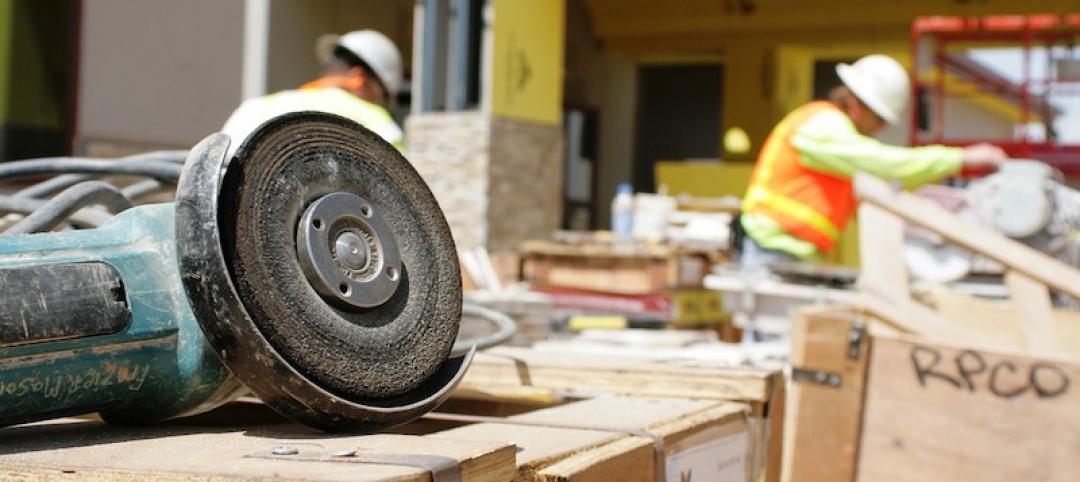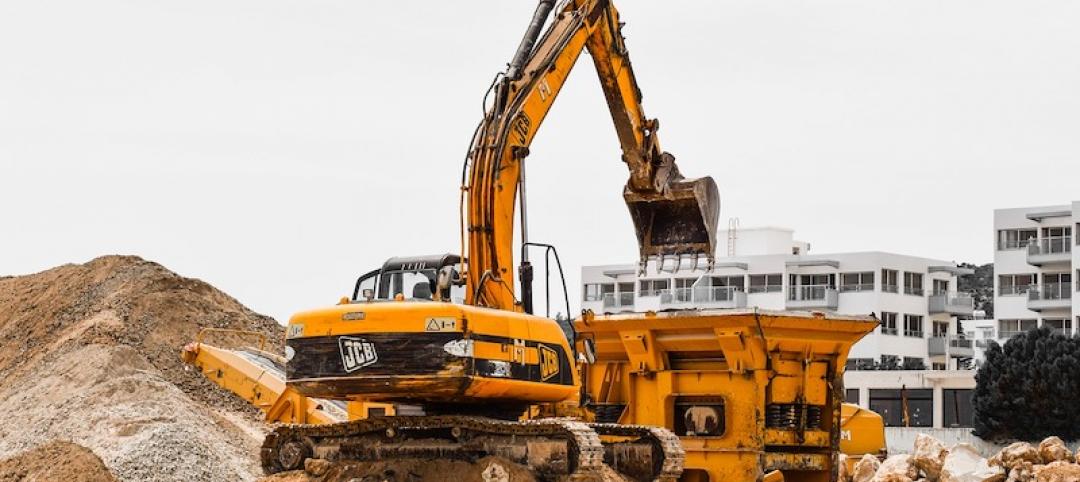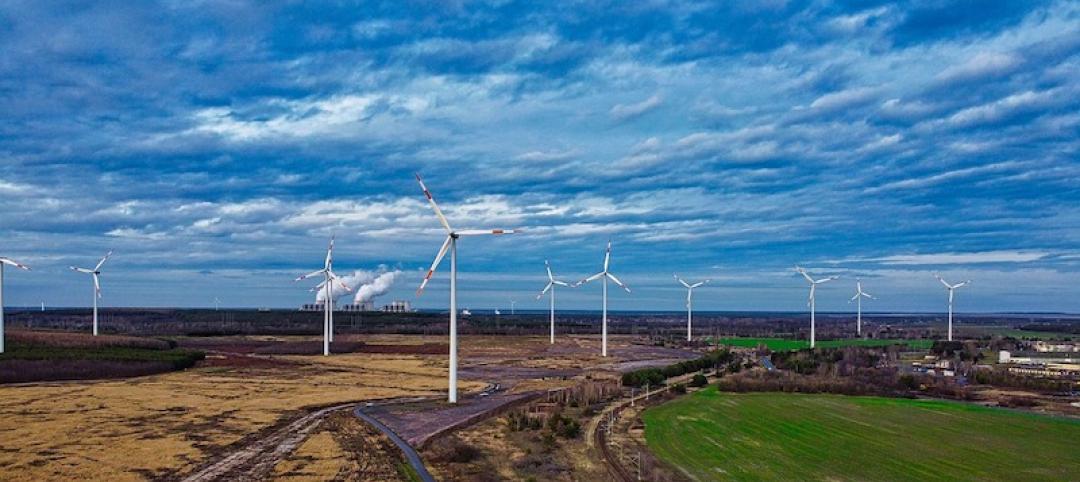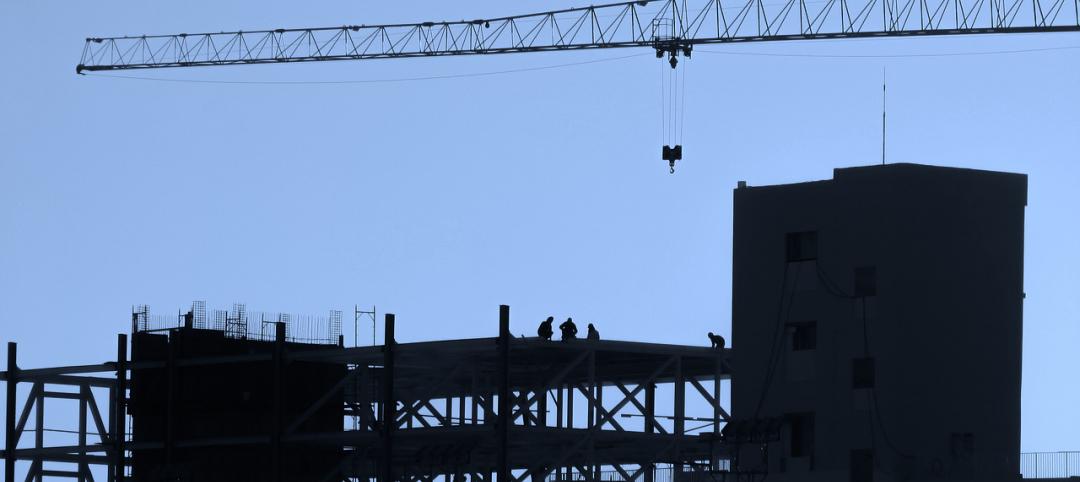Forty-four states and the District of Columbia added construction jobs between October 2017 and October 2018, while 36 states and D.C. added construction jobs between September and October, according to an analysis recently released by the Associated General Contractors of America of Labor Department data. Association officials said that firms in most parts of the country are adding staff to keep pace with growing demand for construction, but cautioned that rising labor and materials costs could undermine future demand.
"Construction activity continues to expand at a steady clip, with employment growing by more than 10% during the past year in five states and by more than 5% in another 18 states," said chief economist Ken Simonson. "As contractors pay more for labor and most of the materials they use to build, construction costs will climb, potentially dampening future demand for their services."
Texas added the most construction jobs during the past year (49,900 jobs, 6.9%). Other states adding a large number of new construction jobs for the past 12 months include Florida (43,400 jobs, 8.5%), California (30,000 jobs, 3.6%), Georgia (21,600 jobs, 11.6%), Arizona (18,000 jobs, 12.1%) and New York (15,600 jobs, 4.1%). Arizona added the highest percentage of new construction jobs during the past year, followed by Georgia, Nevada (11.4%, 9,500 jobs), Oregon (10.5%, 10,400 jobs), New Hampshire (10.3%, 2,800 jobs) and Florida. Construction employment reached a record high in five states: Massachusetts, New York, Oregon, Texas and Washington.
Six states shed construction jobs between October 2017 and 2018. The largest declines and steepest percentage losses occurred in New Jersey (-3,800 jobs, -2.5%), followed by South Carolina (-1,700 jobs, -1.7%), Oklahoma (-500 jobs, -0.6%), Hawaii (-300 jobs, -0.8%) and Mississippi (-300 jobs, -0.7%).
Among the 36 states with one-month job gains between September and October, Florida (3,000 jobs, 0.5%) and California (3,000 jobs, 0.4%) had the largest gains, followed by Arizona (2,500 jobs, 1.5%), Georgia (2,500 jobs, 1.2%), Washington (2,500 jobs, 1.2%) and New York (2,500 jobs, 0.6%). Iowa added the highest percentage of construction jobs for the month (2.0%, 1,600 jobs), followed by Wyoming (1.9%, 400 jobs) and Rhode Island (1.6%, 300 jobs).
From September to October, construction employment declined in 12 states and was unchanged in Connecticut and Maine. Louisiana lost the most construction jobs (-1,900 jobs, -1.3%), followed by Oklahoma (-900 jobs, -1.2%) and Michigan (-900 jobs, -0.5%). Mississippi lost the highest percentage of construction jobs in October (-1.6%, -700 jobs), followed by Montana (-1.4%, -400 jobs), Louisiana and Oklahoma.
Association officials said widespread construction employment gains are a sign of strong demand for construction services in most parts of the country. But they cautioned that without new investments in career and technical education, immigration reform and swift resolution of trade disputes, labor and materials costs will continue to climb.
"Firms in many parts of the country are hiring as fast as they can find qualified workers to bring onboard just to keep pace with demand," said Stephen E. Sandherr, the association's chief executive officer. "But at some point, the increasing costs of labor and construction materials are going to drive construction prices to the point where many customers reschedule or rethink their projects."
View the state employment data by rank, state and peaks. View the state employment map.
Related Stories
Market Data | Feb 19, 2020
Architecture billings continue growth into 2020
Demand for design services increases across all building sectors.
Market Data | Feb 5, 2020
Construction employment increases in 211 out of 358 metro areas from December 2018 to 2019
Dallas-Plano-Irving, Texas and Kansas City have largest gains; New York City and Fairbanks, Alaska lag the most as labor shortages likely kept firms in many areas from adding even more workers.
Market Data | Feb 4, 2020
Construction spending dips in December as nonresidential losses offset housing pickup
Homebuilding strengthens but infrastructure and other nonresidential spending fades in recent months, reversing pattern in early 2019.
Market Data | Feb 4, 2020
IMEG Corp. acquires Clark Engineering
Founded in 1938 in Minneapolis, Clark Engineering has an extensive history of public and private project experience.
Market Data | Jan 30, 2020
U.S. economy expands 2.1% in 4th quarter
Investment in structures contracts.
Market Data | Jan 30, 2020
US construction & real estate industry sees a drop of 30.4% in deal activity in December 2019
A total of 48 deals worth $505.11m were announced in December 2019.
Market Data | Jan 29, 2020
Navigant research report finds global wind capacity value is expected to increase tenfold over the next decade
Wind power is being developed in more countries as well as offshore and onshore.
Market Data | Jan 28, 2020
What eight leading economists predict for nonresidential construction in 2020 and 2021
Public safety, education, and healthcare highlight a market that is entering growth-slowdown mode, but no downturn is projected, according to AIA's latest Consensus Construction Forecast panel.
Market Data | Jan 28, 2020
Los Angeles has the largest hotel construction pipeline in the United States
Los Angeles will have a growth rate of 2.5% with 19 new hotels/2,589 rooms opening.
Market Data | Jan 27, 2020
U.S. hotel construction pipeline finishes 2019 trending upward
Projects under construction continue to rise reaching an all-time high of 1,768 projects.

















